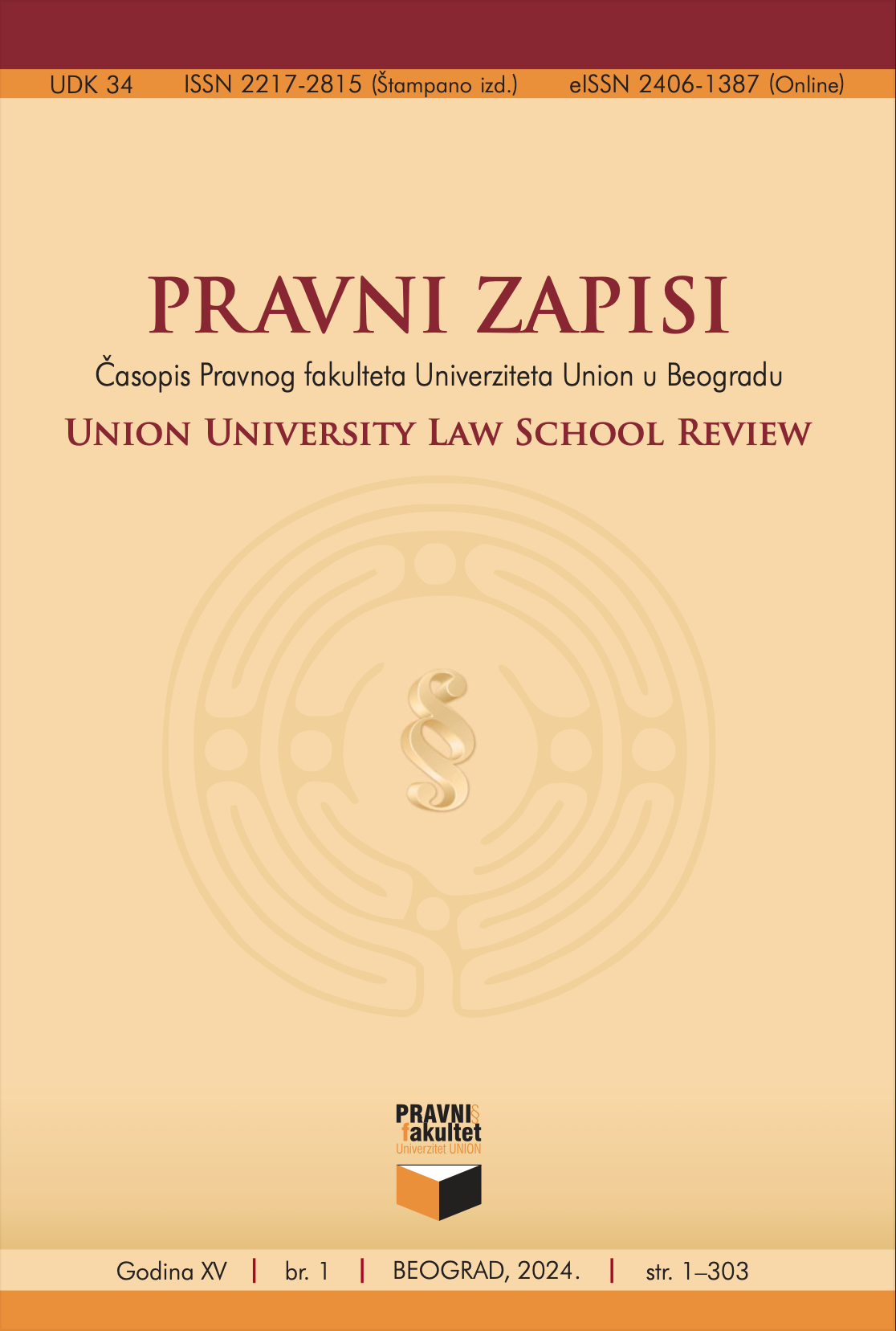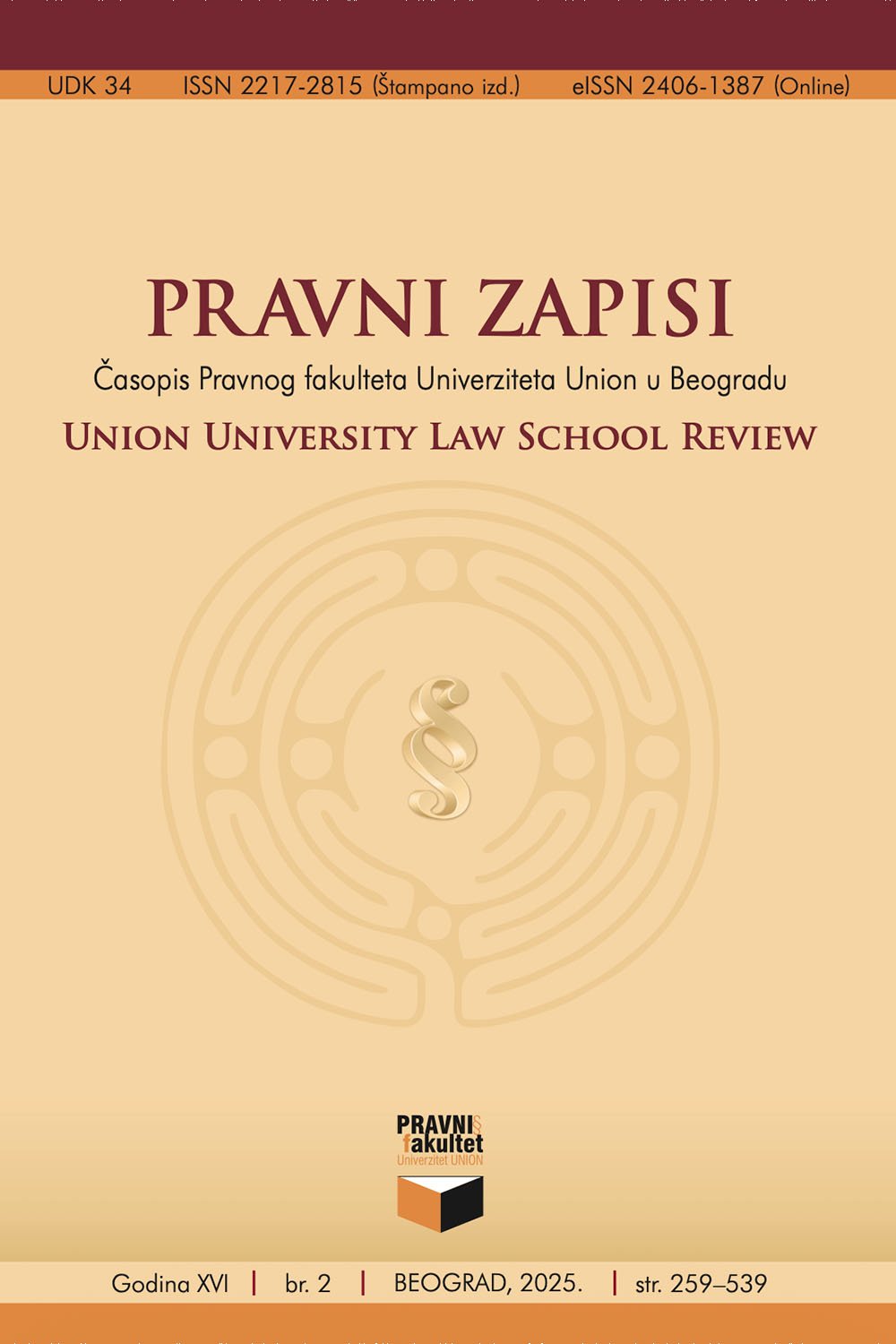PRAVNI ZAPISI • Year XV • No. 1 • pp. 239–271
COMMUNICATING CONFIDENCE: SUSPENDED SENTENCES AS COMMUNICATIVE PUNISHMENT

Mojca M. Plesnicar
Senior Research Associate, Institute of Criminology at the Faculty of Law Ljubljana; Associate Professor of Criminology and Criminal Law at the University of Ljubljana, Ljubljana, Slovenia
e-mail: mojca.plesnicar@pf.uni-lj.si
ORCID ID: https://orcid.org/0000-0002-4686-0060
Milena Tripkovic
Senior Lecturer, University of Edinburgh, Edinburgh Law School, Edinburgh, United Kingdom
e-mail: milena.tripkovic@ed.ac.uk
ORCID ID: https://orcid.org/0000-0003-1645-6275
Pravni zapisi, No. 1/2024, pp. 239–271
Original Scientific Article
DOI: 10.5937/pravzap0-50554
KEY WORDS
Suspended sentence, Communicative punishment, Probation, Crime, Punishment, Sentencing, Criminal law, Antony Duff, Serbia, Slovenia
ABSTRACT
The article identifies a distinctive model of suspended sentences that exists in contemporary Serbia and Slovenia. By employing Antony Duff’s notion of ‘communicative punishment’, the article suggests that suspended sentences are a robust and comprehensive penal instrument which promotes an inclusive, dialogic, and non-stigmatizing approach to criminal offenders. To demonstrate this, the article contrasts Duff’s theory with three key domains of suspended sentences in the two countries: (a) philosophical and theoretical commitments, (b) substantive and procedural law and (c) execution of sanctions. The article concludes by emphasizing the pronounced capacity of these sentences to communicate confidence and trust of the state that the convicted person will not reoffend – despite a non-custodial sanction. Finally, the article proposes modest legal modifications which pertain to the court’s ability to determine relevant facts and communicate better with the offender.

